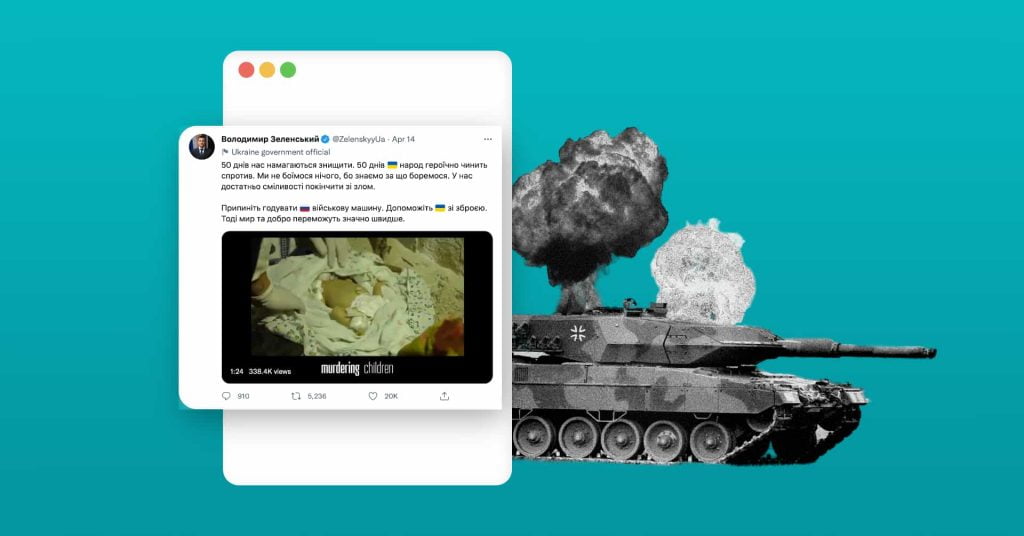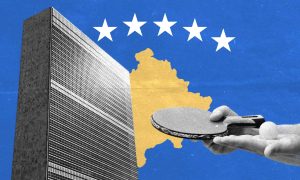In a time of uncertainty and fear, Ukrainians are using social media to stay in the world.
From February 24th until now, nearly tens of thousands of people have been either injured or killed by the Russian invasion of Ukraine. This is an unfortunate number of people, especially so when considering the number of refugees fleeing Ukraine; with more than five million leaving Ukraine in search of safety. The people of Ukraine have been pushed from their homes, forced to leave behind their lives, families, friends, and pets; but they are resilient people and have given the world personal insights to life in Ukraine post-invasion.
It seems that no matter what social media platform is opened, it is deeply saturated with countless stories about the Ukrainian people and the Russian invasion. This event has exposed many people for the first time to images of a large-scale attack by a country like Russia against a European country like Ukraine. There are aggressor countries and those that are attacked; in this situation, Russia is the aggressor. This historical event has come with varying news reports, rebuttals, and denials; all a part of social media, which is many people’s main source of news.
Some will argue that social media cannot be qualified as a news source due to the biases that people carry with them, but biases are nearly unavoidable, especially in international interactions like this one.
Media platforms are designed to benefit the users that are currently experiencing whichever event is being highlighted in the news, and in this case it is the Ukrainian people and their lives during this tumultuous onslaught of their country.
Social media is being utilised in many ways by the people of Ukraine to share their experiences; making TikToks about displacement and fear, sharing personal experiences on Facebook and Reddit, and using Instagram to publicise photos of the devastation. This attack is completely altering the lives of the Ukrainian people, just as Russia’s intervention is affecting the lives of the people of Syria. Throughout history, the people’s experiences were not shared until afterwards, and sometimes not at all, but this is a different set of circumstances in our modern world.
Social media platforms like Facebook, Twitter, Instagram and Tiktok are sources that people all around the world use to gather information. When a major event happens, even if one may think it has nothing to do with them, they will more often than not still seek information on it.
Since the invasion of Ukraine, the world has seen an upward trend in social media as a way of sharing personal experiences. Previously, in situations like this, personal stories were shared post-event in autobiographies or biographies, but in 2022, the instant gratification we get from social media is being used to the advantage of the Ukrainian people. The Ukrainian people, despite countless waves of oppression, have managed to mould this massive tool into something that benefits them and sets a trail for other countries to do the same. This is something that could continue as long as countries are being wrongfully invaded.
Should we believe everything we see online?
Social media is a huge part of our world; it has the ability to alter every situation we encounter in life, and on a global scale, this has echoing repercussions. Spreading false information, lying about personal struggles, and confusing audiences with inaccurate information can all be extremely detrimental to the efficacy of social media as a whole.
Censorship is a huge loss of power for the general population in any country; Russia is a country that has a lot of power to do virtually anything it pleases to its people by manipulating the information it divulges. It is astonishing that it has the ability to censor so many people, not only in Russia but also in other countries.
The world needs ways to stay connected and get the right information. People, as individuals, need ways to share stories and experiences, even if they may not always be positive, because these stories have the ability to change history.




















